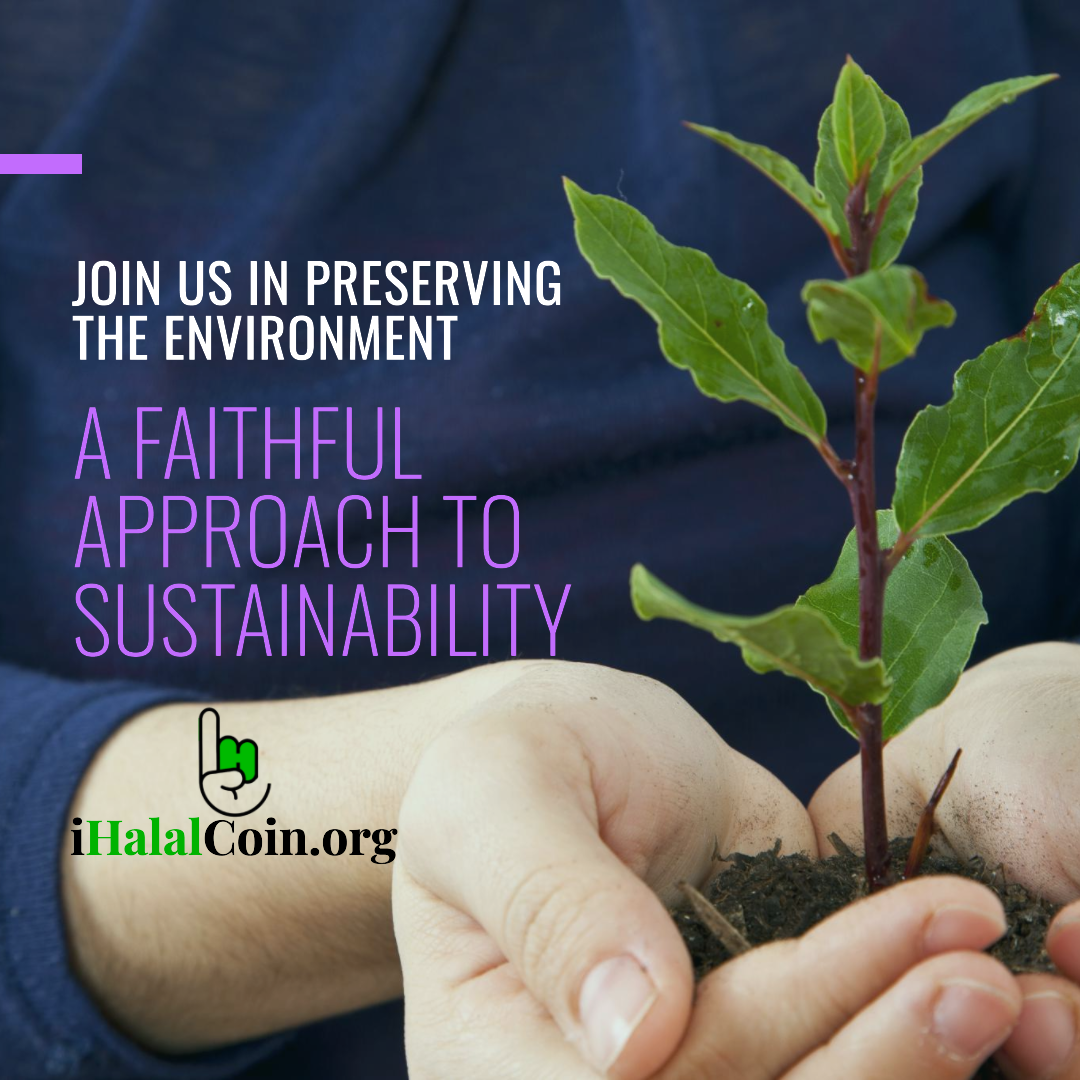The intertwining of Halal practices and environmental sustainability is profound. By exploring the Islamic perspective on environmental stewardship, we uncover a faith deeply rooted in real-world examples of preserving and respecting the environment. Understanding this connection is paramount in today’s world, where sustainable practices are increasingly vital.
Islam’s Perspective on Environmental Sustainability: A Conceptual Analysis
Islam’s view on sustainability is unique, emphasizing harmony between humans and the environment. For instance, the Quran states, “And the earth We spread out, and placed therein firm mountains, and caused to grow therein all kinds of things in due proportion” (Quran 15:19). This verse underscores the importance of balance in nature. The ethical conduct towards the environment, as prescribed by Islamic teachings, provides a roadmap for addressing modern environmental challenges. The Prophet Muhammad’s teachings, such as planting trees and conserving water even if one is by a flowing river, further emphasize this commitment.
Environmental Sustainability in Islam
Environmental protection is a cornerstone of Islamic teachings. The relationship between Halal practices and sustainability is evident in everyday practices. For example, the Prophet Muhammad (peace be upon him) advocated for the humane treatment of animals, which aligns with sustainable farming practices today. By understanding and embracing this connection, believers can incorporate sustainable living into their daily routines, ensuring harmony with nature.
Religions and Environmental Protection
While Islam offers a rich tapestry of teachings on environmental protection, it’s not alone. Religions worldwide, such as Buddhism’s emphasis on non-harm to all living beings, recognize the importance of addressing environmental challenges. By understanding these teachings, we can foster a global community committed to preserving our planet.
Halal and Sustainability: Protecting the Earth
Halal is more than a dietary guideline; it’s a way of life. Its principles, such as the prohibition of wastefulness, emphasize environmental protection. The Quran states, “Indeed, the wasteful are brothers of the devils” (Quran 17:27), highlighting the importance of conservation.

Can Faith and Religion Combat Eco-Despair?
In our world, where environmental challenges are rampant, eco-despair is real. However, faith and religion offer solace. Through religious teachings and faith-based practices, believers can find solutions to combat eco-despair. For instance, the Christian concept of stewardship emphasizes caring for God’s creation, offering a spiritual perspective on sustainability.
Conclusion
The convergence of Halal practices and sustainability offers a fresh perspective on environmental stewardship. As we embrace the principles of Halal and recognize the importance of sustainable practices, we take a step closer to a world where faith and environmental responsibility coexist harmoniously. Let’s commit to a future where we respect and protect our environment, guided by the teachings of Islam and practical examples from our daily lives.

